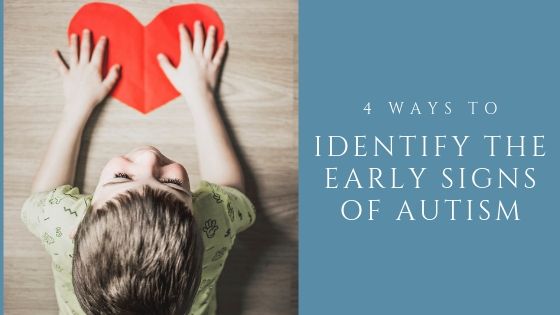In the United States, it is estimated that about 1 in every 59 children has autism and it occurs across all racial and socioeconomic groups. There is a huge range in how autism affects individuals, regardless of their age. Some people show signs earlier than others or have more pronounced symptoms. Sometimes, people with autism never receive a conclusive diagnosis until adulthood while others may have symptoms of autism, but do not meet criteria for an autism diagnosis. Being able to identify the early signs of autism in a child means that he can receive the help and resources that are available.
A child may show some signs of autism, but not actually have autism. It is important to be aware of the signs and if autism is suspected, seek out a qualified professional for an evaluation.
Is the Child Meeting the Developmental Milestones?
If a child is not meeting certain developmental milestones, a child should be assessed for autism. Is the child meeting the developmental milestones for speech and social interaction? Is the child engaging in repetitive behaviors? If there is concern regarding these questions, a parent should raise them with the child’s pediatrician, who should be trained in identifying and diagnosing autism, or refer the child to a developmental pediatrician for further evaluation. It is important to recognize the early signs of autism.
Spend Time Working with Your Child
Sometimes, children may appear to have cognitive impairments because they simply aren’t being stimulated enough. Read to him, get him interested in playing with various toys, and continuously attempt to engage his interest. If his apparent symptoms are stemming from environmental factors, spending time working on cognitive skills with him may improve any signs you’re noticing. Try playing imaginative games, track his interest, and monitor how engaged he is as you interact. If you still suspect autism, take a two minute screening questionnaire, here.
Pay Attention in Social Situations
A common hallmark of autism is avoidance and awkwardness in social situations. Your child may avoid eye contact, preferring not to talk to people, or find it difficult to understand other people’s feelings. Even at a young age, you may be able to tell if your child enjoys being around other people or never shows and interest in them.
Know What to Look For
Finally, while it is frightening to learn that your child may have a developmental difference, it is important not to ignore the signs. Some of those signs are discussed here and there are additional signs. It can only help knowing what to look for.
The importance of identifying the early signs of autism in your child without delay can only help him get the interventions he needs to make meaningful progress in all domains.



